|
Secondly, Christ seemed to indicate that the gospel seed was to be implanted into other cultures indigenously as previously discussed. A brother in Burma told me that we planted the whole flower pot rather than the seed. Matthew 13:33 uses a “word picture” by comparing the gospel to being planted into a culture as yeast is to being mixed into a large amount of dough. The whole batch of dough is impacted from within by the yeast. We already discussed an illustration recorded in Acts, of cross-cultural evangelism when the Jewish church morphed into a
Gentile church within twenty to thirty years. Yet today, after hundreds of years, Christianity still remains largely a foreign or Western religion, particularly in the 10/40 Window (to be discussed later in this manual) where most of the unreached people groups are located. When Christianity is perceived as a foreign faith or religion then this expected rapid spread of the gospel is dramatically hindered. So, what can we do? We can do things which, I believe, will “inhibit” the movement of God and there are things we can do or not do that “accelerate” the movement of God. We will call these “inhibitors” and “accelerators”, respectively. Tomorrow let us explore things we do that accelerate and/or inhibit the work of God.
0 Comments
Now let’s look at the Bible and explore two parables concerning Church and Kingdom growth. First of all, it is obvious from Jesus’ teachings concerning His Kingdom that He expected dramatic and extraordinary growth. One of the many illustrations of this is the parable of the mustard seed in Matthew 13:31-32. The mustard seed is one of the smallest of seeds and when planted grows larger than all the other garden plants which have larger seeds. The end result of the tiny mustard seed is an enormous tree. Tomorrow we will observe another parable to show how the gospel is "implanted" indigenously into other cultures.
God is moving today like never before in all of church history. What a great time to be alive! Today there are great “church planting movements” around the world and God is inviting you to join these movements, but first let us define a “church planting movement”:
A church planting movement is an accelerated multiplication of indigenous disciples and churches planting churches. This movement flows through families and people groups, and is normally beyond the influence of those who introduced the gospel to them. Not only is the early church a historical example of this type of movement but China provides us with a modern day example. Years ago, Hudson Taylor (1832–1905), a missionary to China, introduced the gospel to the Chinese and today there is an extraordinary rapid church planting movement of God in China without significant Western involvement. Tomorrow let’s look at the Bible concerning Church and Kingdom growth. Here is the third disquieting symptom we see in many of today's churches and missions particularly cross-culturally: ....... become a substitute for the Holy Spirit and cause the mighty weapons of God to become powerless. When the church is connected to the Holy Spirit it is unstoppable and is a powerful force that the gates of hell cannot stop. Note: One of the purposes of this manual is to return to the way of Christ and the apostles so that the church today can be liberated from this type of dependency and become an unstoppable force in the world today.
Here is the second disquieting symptom we see in many of today's churches and missions particularly cross-culturally: (See Explanation below diagram.) Explanation: In the early church Paul strongly opposed Gentiles becoming Jewish in order to enter the kingdom. Anything that added or took away from the gospel of grace was a false faith. Paul taught that it was “faith alone” in Christ which enabled a person to enter the kingdom. Paul’s strong stand on grace moved the gospel from a Jewish context to a Gentile context in only twenty to thirty years. Today, the gospel has been in some countries for hundreds of years and is still not indigenous.
Therefore, there was a rapid expansion of the gospel from Jewish Jerusalem to the Gentile world. Modern day missions have unintentionally and sincerely told or have given the impression that new believers should become western in order to enter the church. Although God has used and continues to use modern day missions, no doubt our western methods have greatly hindered the expansion of the indigenous church, particularly among the third world people groups. 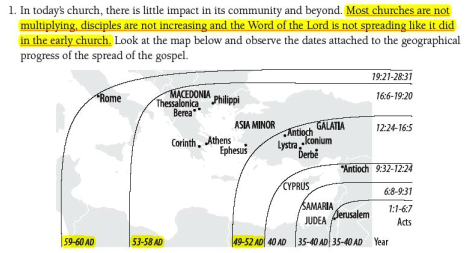 Today’s churches, for the most part, are stagnant and weak in comparison to the early church in Acts. The next three days we will explore three disquieting symptoms we see in many of today’s churches particularly those countries outside the West but you can obviously apply to the Western Church and missions also. Today let us observe the first symptom and then you can think about biblical solutions to these problems. Paul led them to the Spirit of Christ, whom they willingly submitted to. He set for them an example that was in accord with the mind of Christ. Paul was persuaded that the indwelling Spirit of Christ in His power and passion would enable the church to expand. When the foundation of the church is not properly laid, I believe that the evangelistic Spirit is quenched resulting in a stagnant church. This is yet another compelling reason to use Paul’s proven model and method of training; we are told to “follow Paul as he followed Christ”.
Finally, Paul’s expanding strategy came as a result of the leadership of the Holy Spirit. It is interesting to observe that Paul’s new converts naturally or maybe we should say, “supernaturally,” became evangelists. Paul did not exhort people to become evangelists. Why? Because he knew when a person received the Spirit, they would begin to seek to bring others to the saving knowledge of Jesus as seen in Acts. This is not surprising since the Spirit that they and we receive is the missionary Spirit—the Spirit of Jesus who came into the world to redeem lost souls to the Father. We will learn from Acts how the churches were strengthened in faith and increased in number in Galatia, and how the Word of God spread to Macedonia and Achaia from Thessalonica, and how the gospel spread throughout neighboring countries from Ephesus.
 A new church should depend upon its own resources and more importantly, upon God. If any missionary today established a church like Paul, he might be told that his methods were hopeless and reckless. Yet the facts remain clear, Paul was the most successful founder of churches that this world has ever known.  Today, we are not training churches to use the gifts the Holy Spirit has given them. We overemphasize intellectual qualifications of leaders by relying heavily on artificial standards of formal education. Many times these worldly standards can even become a necessary requirement for ministry and leadership. Leaders in the church today need to be biblical trailblazers who are filled with the Holy Spirit and who will not follow the world but who will follow Paul as he followed Christ. |
Archives
June 2024
Link To Our Old Blog:
|

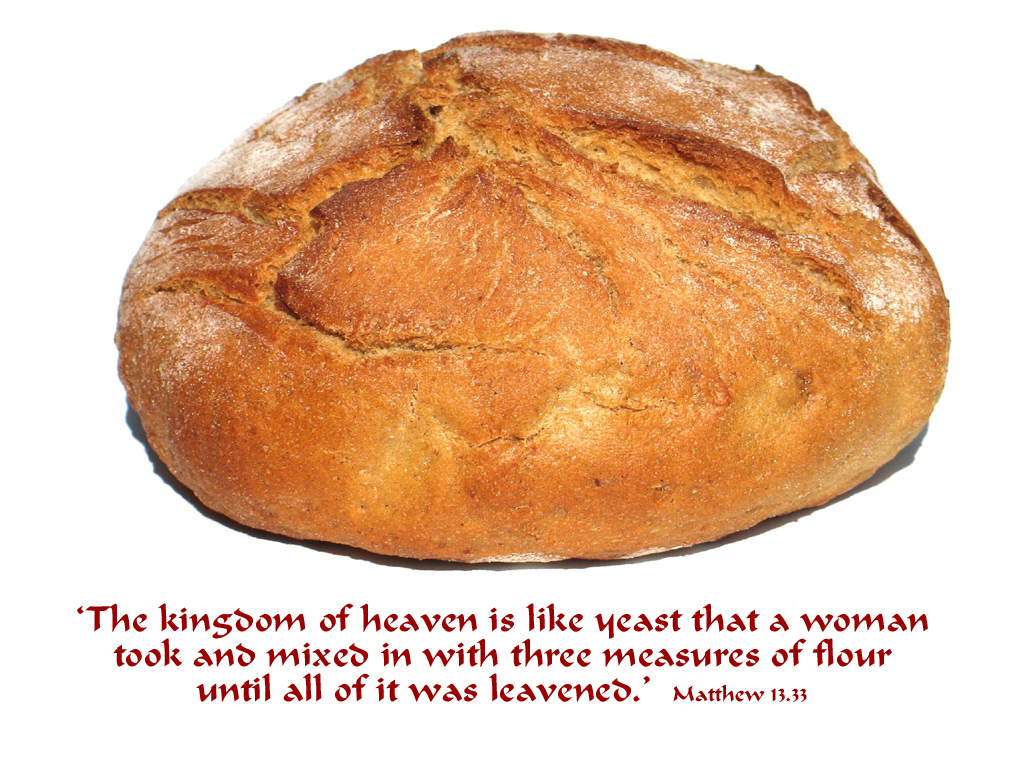
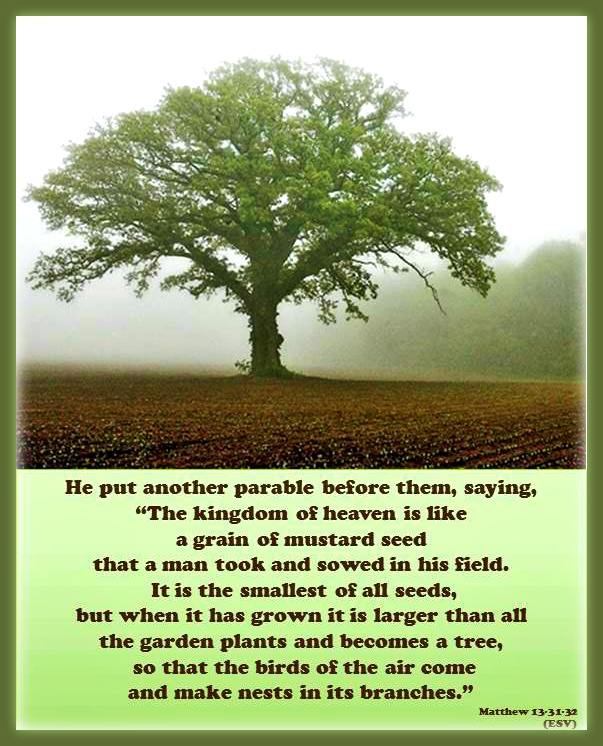
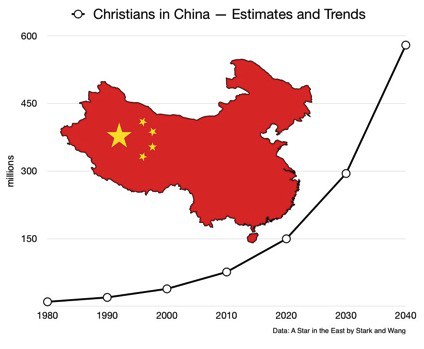
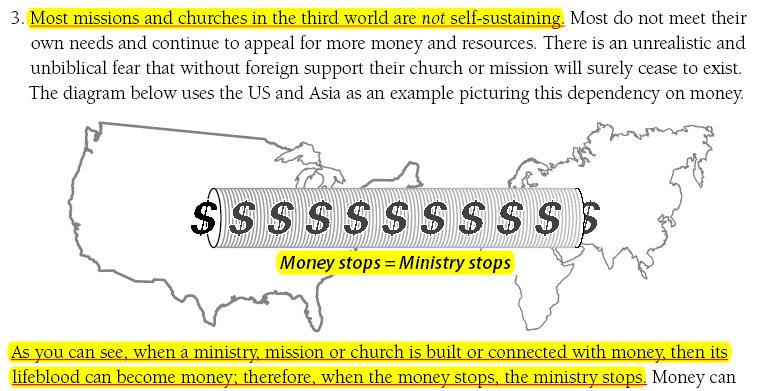
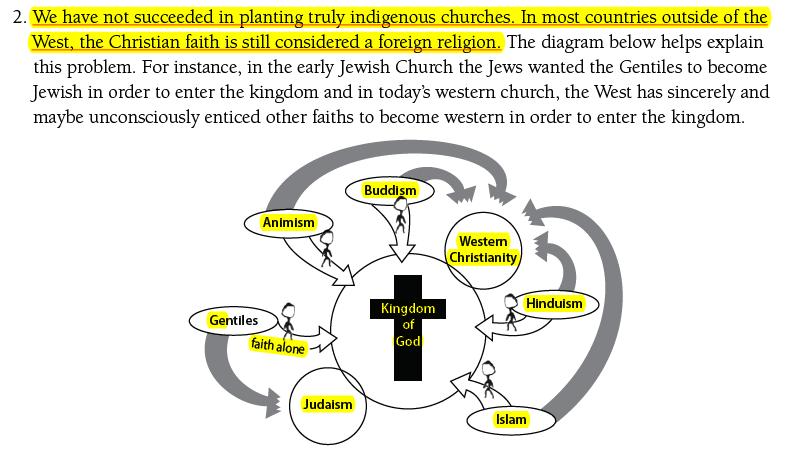

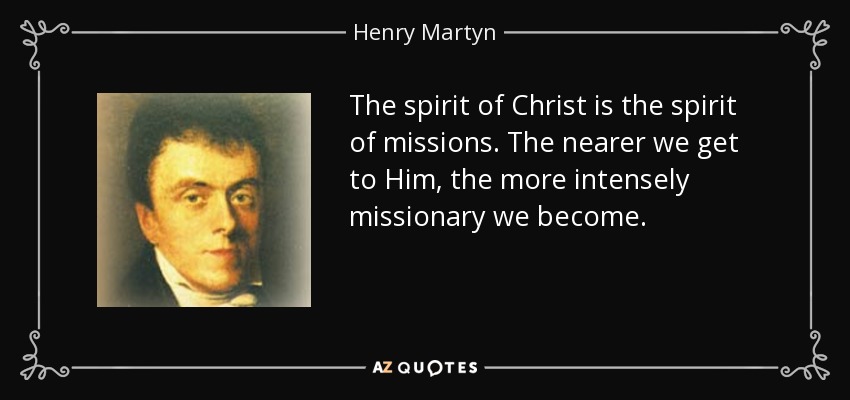
 RSS Feed
RSS Feed